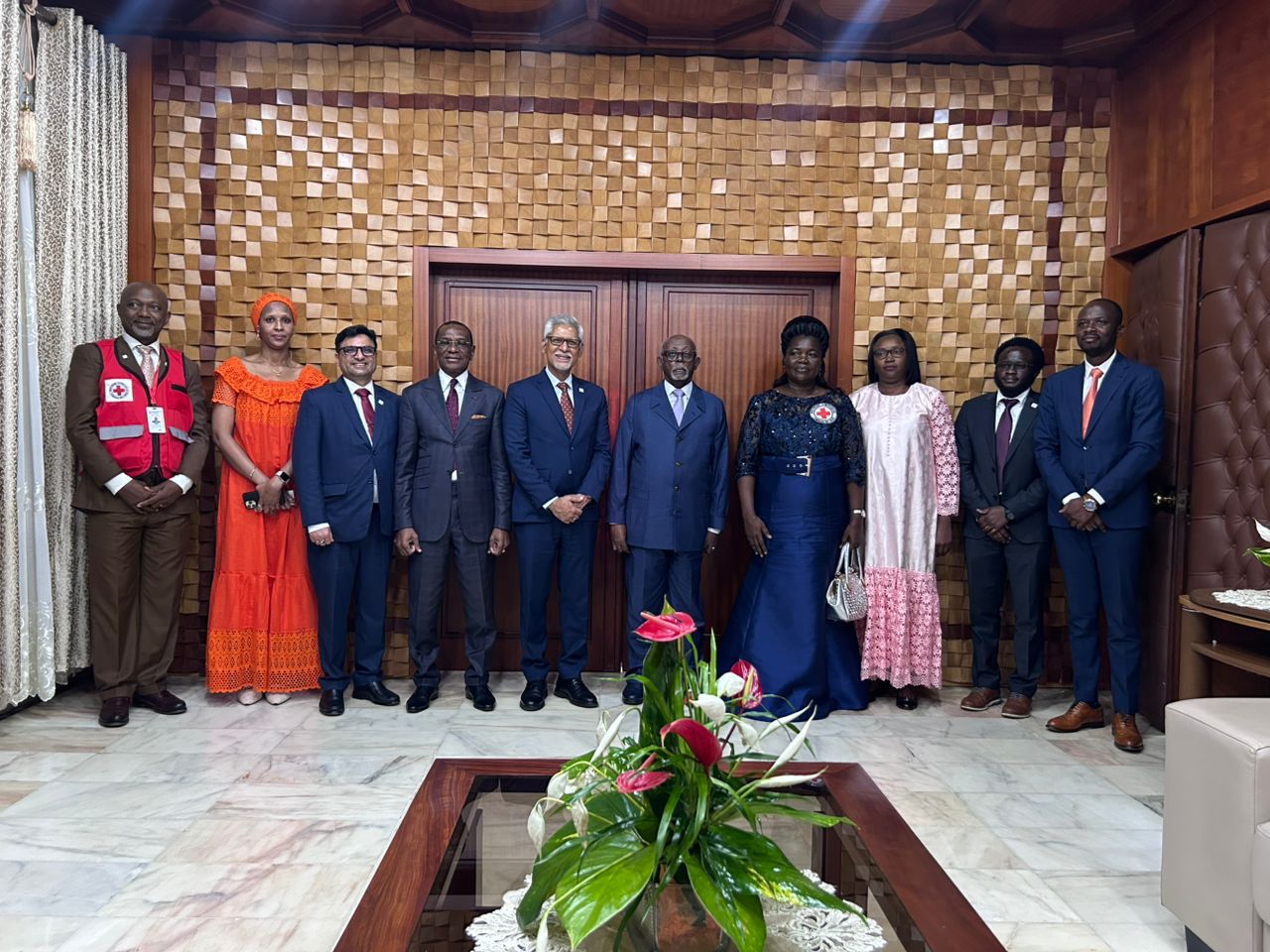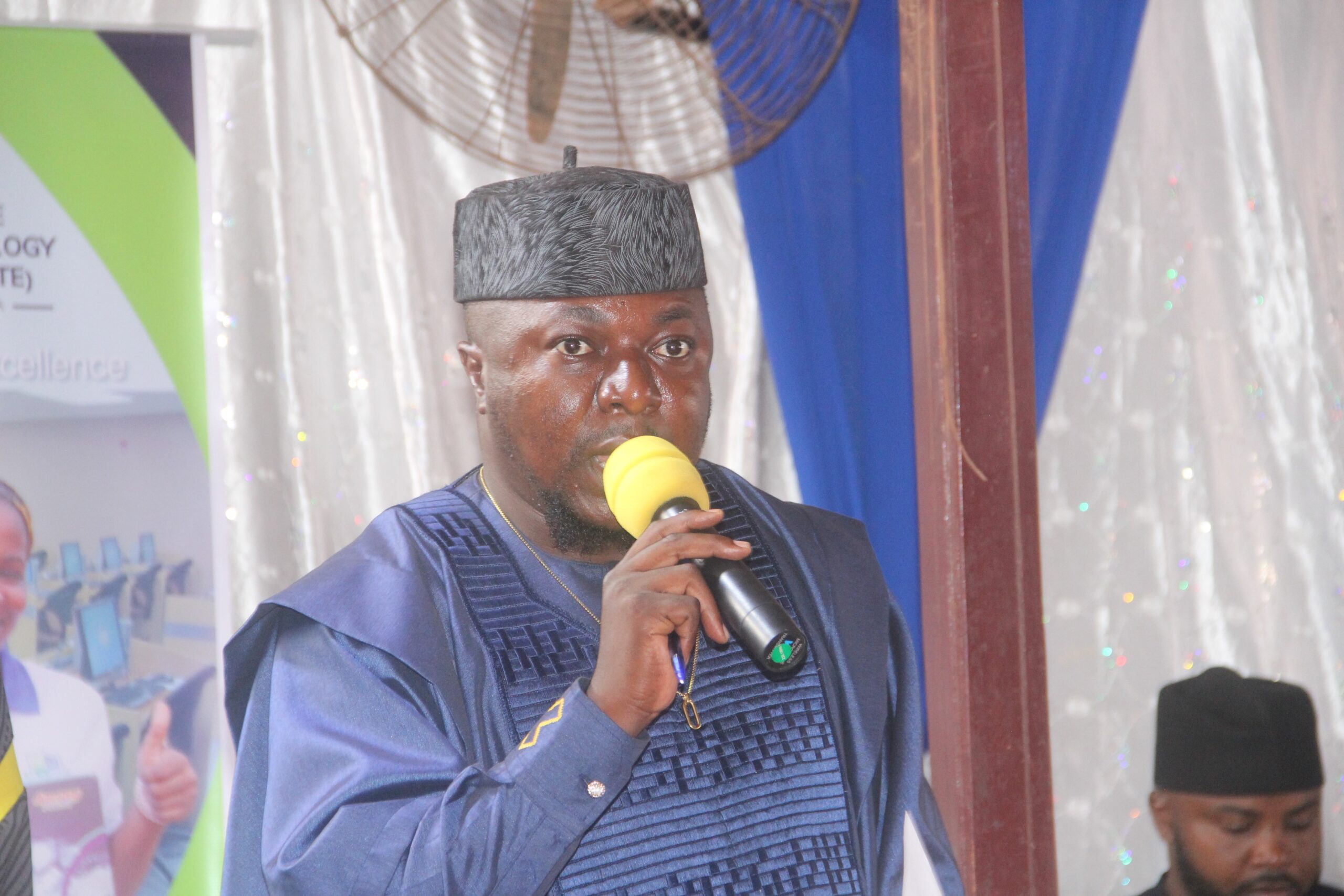By Etienne Mainimo Mengnjo
After monitoring Cameroon Presidential Elections, Election Observers have recommended the adoption of a single ballot system aimed at reducing logistical costs and bolstering environmental protection.
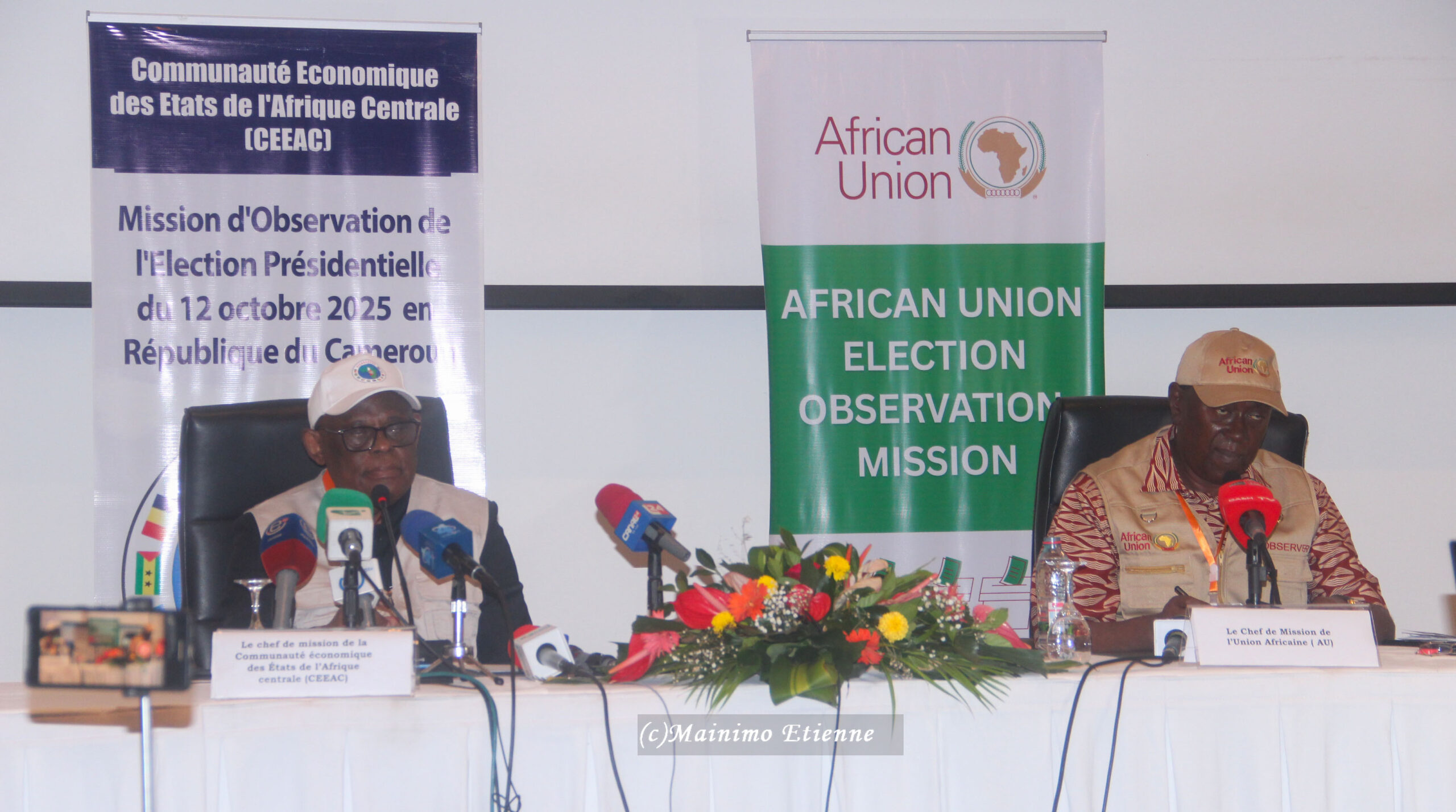
This recommendation emerged during a joint press conference held on October 14 in Yaoundé, organized by the African Union Election Observation Mission (AUEOM) and the Election Mission of the Economic Community of Central African States (ECCAS).
The two organizations monitored the October 12 Presidential Election, in which incumbent President Paul Biya sought an unprecedented eighth term against a backdrop of 11 opposition candidates.
The press conference was chaired by Bernard Makuza, head of the AUEOM delegation, alongside Isidore Ndaywel è Nziem, who heads the ECCAS election mission.
In his preliminary statement, Makuza stress the importance of strengthening Cameroon’s electoral framework, urging the government and legislators to engage in consultations regarding the implementation of a single ballot system.
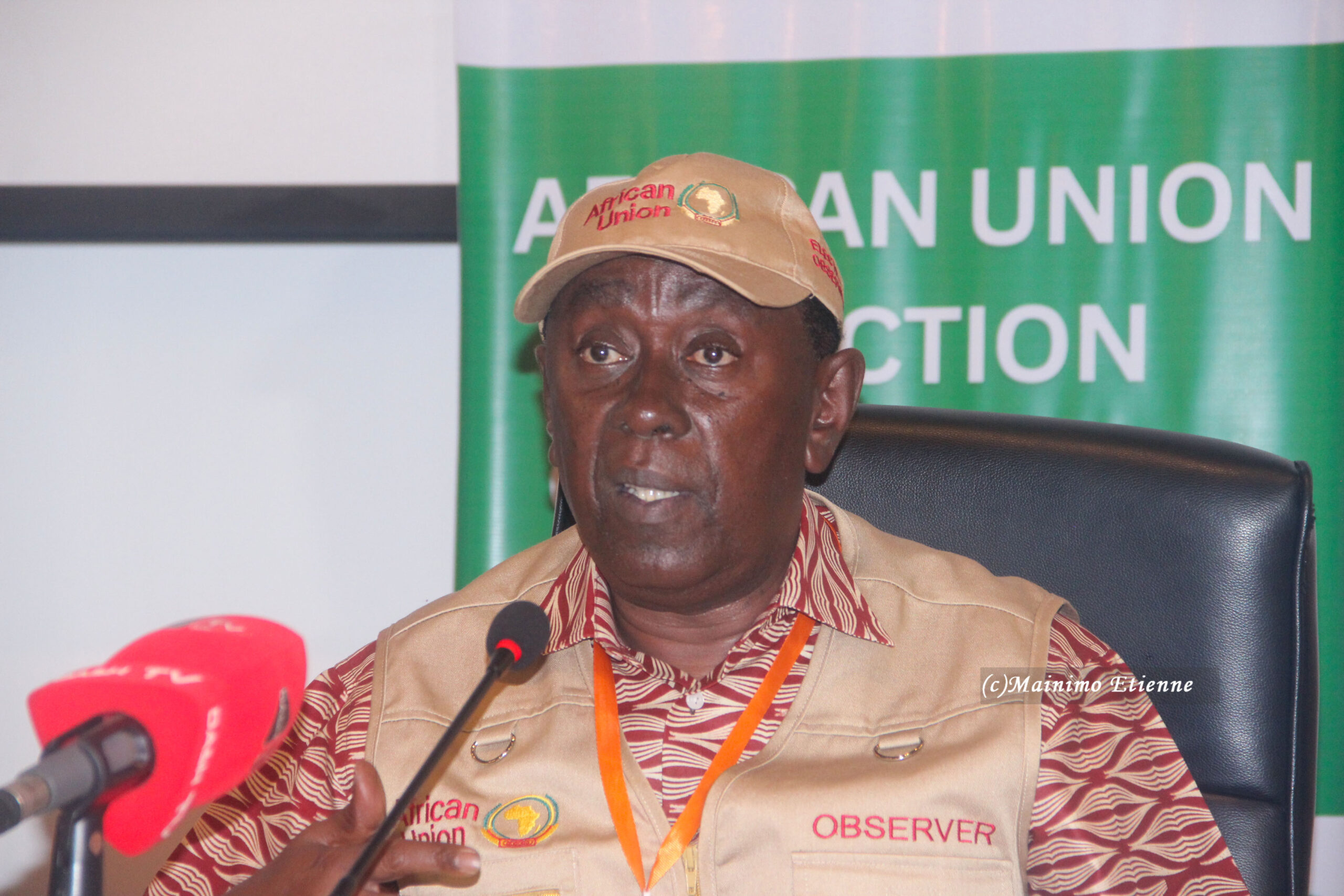
He argued that such a move could not only streamline production and logistics but also contribute positively to environmental sustainability.
Further recommendations from the AUEOM included enhancing civic engagement, particularly among youth and women, by ensuring that Elections Cameroon (ELECAM) publishes electoral schedules in a timely manner.
The mission also called for comprehensive training and awareness initiatives for all stakeholders to foster inclusive and participatory elections. Additionally, they urged ELECAM to bolster mechanisms for authenticating ballots and identifying members of local voting commissions.
To political parties, the AUEOM underscored the necessity of adopting measures for gender parity and establishing a consultative platform to promote cohesion and prevent unnecessary conflicts.
Political entities were also encouraged to elevate the roles of women, youth, and individuals with disabilities in decision-making processes.
The ECCAS delegation on their part recommended for the Ministry of Territorial Administration, MINAT and ELECAM to ensure the timely distribution of voter cards prior to elections.
They emphasized the need for uncollected cards to be counted, sealed, and forwarded to the appropriate authorities, as outlined in Article 85(4) of the Electoral Code.
Presidential candidates and political parties were urged to deploy representatives at polling stations in compliance with legal requirements.
They were also reminded to prioritize legal channels for disputing results, while fostering dialogue and consultation to resolve electoral disagreements peacefully.
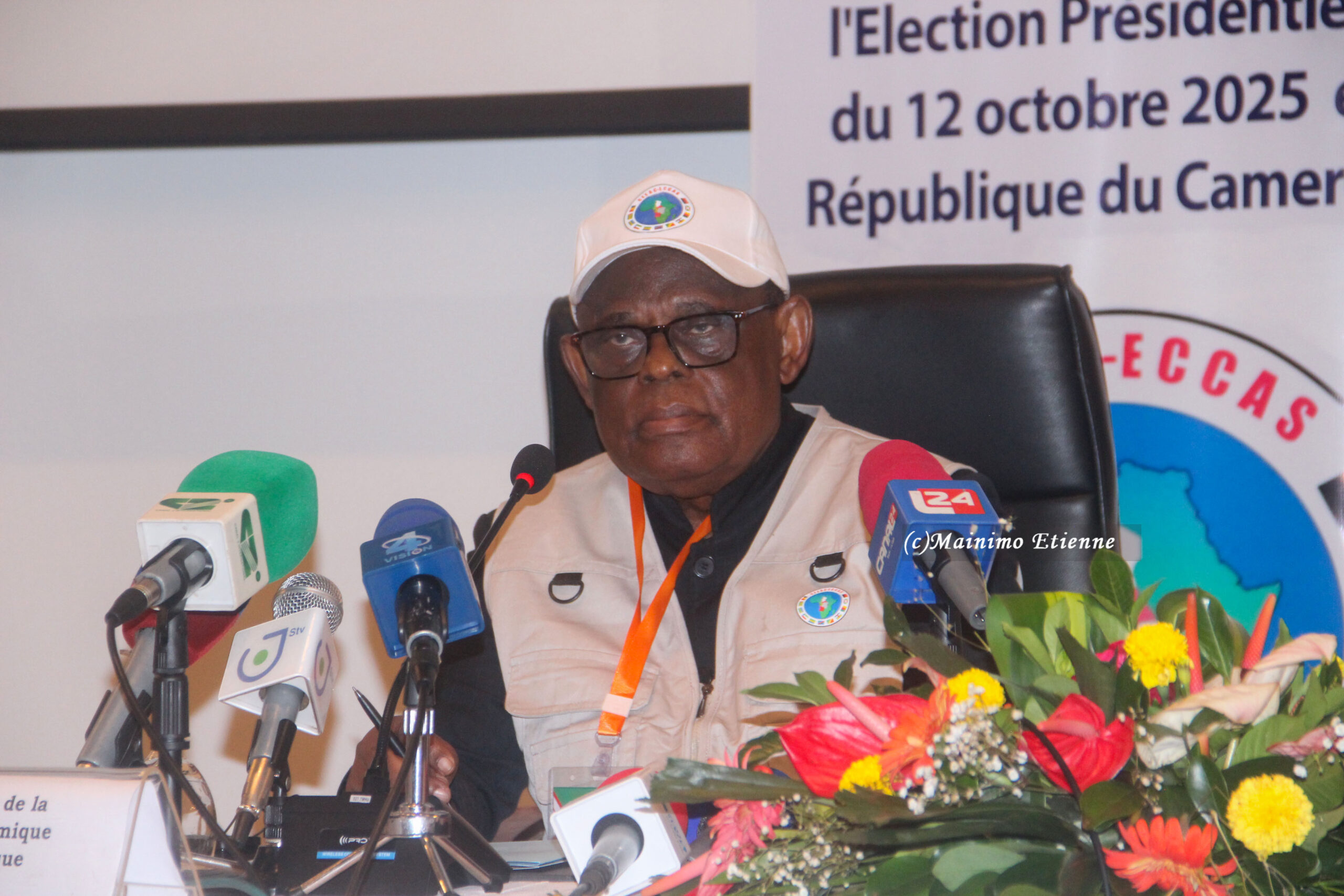
Overall, both AUEOM and ECCAS commended the Cameroonian people for their civic engagement and calm demeanor throughout the electoral process, noting that the election occurred under satisfactory security and organizational conditions, with a commendable voter turnout.
However, they pointed out accessibility challenges faced by individuals with disabilities at certain polling locations and highlighted the efforts of polling staff in assisting these voters.
While there was notable representation of women, youth, and individuals with disabilities among polling personnel, the missions observed varying levels of knowledge among staff regarding their roles and the responsibilities of observers.
The AUEOM’s observation teams visited 228 polling stations to monitor the opening, closing, and ballot counting processes, while the ECCAS mission included over 19 observers from nine member states, closely following the election campaign and voting operations on October 12. Both missions also had talks with stakeholders involve in the electoral process.

